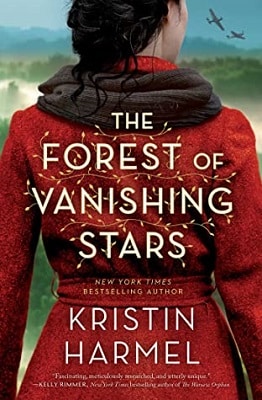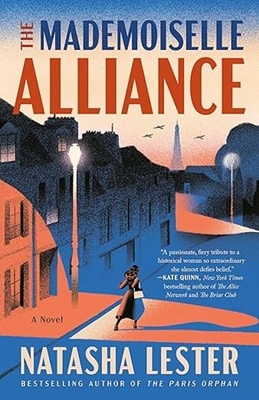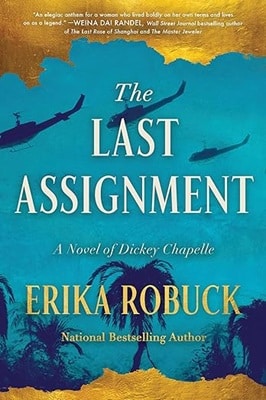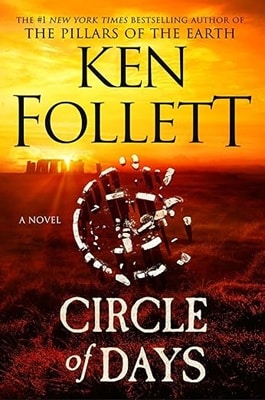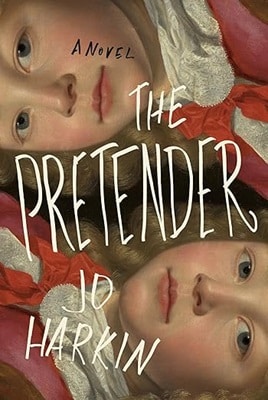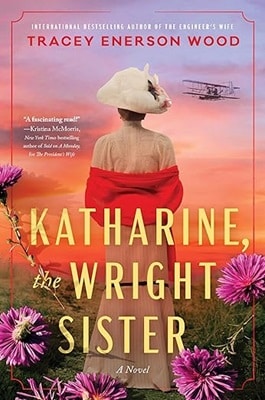Book Review
The Forest of Vanishing Stars
reviewed by Lou Jacobs
A beautiful tale of coming of age in war-torn 1941 Europe, unfortunately inspired by real life events of Jewish refugees in Nazi occupied Poland. Many stories of the holocaust exist, but few are as evocative, and heart wrenching, and pertain to the Jews of Poland.
During the initial reign of Nazi Germany, ten percent of the population of Poland was comprised of Jews, firmly entrenched and living harmoniously with the local citizenry. It is estimated that more than 3.3 million Jews lived in Poland at that time, representing the largest contingency in Europe. Roughly 85 to 90 percent were annihilated by the Nazis and their collaborators. This is their story of survival in the unforgiving forests of Poland, aided by a fictionalized savior, Yona (meaning “dove” in Hebrew). It is a story of emerging trust, community, hope, and love in the face of overwhelming darkness and evil.
Our heroine was born with the name “Inge” in Berlin, Germany, the product of power-hungry Siegried Juttner and his aloof wife, Alwine. Siegfried was one of the earliest to join the National Socialist German Worker’s Party after watching Adolf Hitler’s rousing speech. Hitler’s party was slowly but inexorably gaining traction in this war-shattered country. Inge was born with a dove-shaped birthmark on the inside of her left wrist. On the eve of her second birthday Inge was taken from her crib by Jerusza. At age eighty-two, Jerusza was the last of her bloodline that had stretched for centuries. She had already lived twice as long as the usual German.
She considered herself Jewish, as passed down by her maternal blood.
Jerusza had never wanted a child—the child re-named “Yona” was not allowed to call her “mother;” she was her teacher and not mother. Yona’s lessons were far reaching. She had been born for the sake of “repairing the world.” She was taught not only the ways of surviving a forest in all seasons, the wonders of food gathering, hunting, and natural healing herbs, sheltering, but also given an education rivaling those in university, She was fluent in multiple languages and knew the holy works of most religions and not only the Torah and Talmud. She was bright, sensitive, and intuitive and knew all the mysteries of the forest and survival, but remained naive to the outside world.
In the summer of 1941, as the bombing of Poland raged, Jerusza died at age 102 as she predicted. Yona was left alone to survive in the wilderness of forest and swamp after eighteen years of Jerusza’s teaching and training. Yona had been taught a combination of Jewish tradition and Slavic witchcraft, along with an education of forest survival, but lacking in knowledge of the outside world.
Yona’s naivety of the outside world is quickly shattered as she encounters groups of Jewish refugees fleeing the ghettoes and Nazi terror. She is astounded and cannot comprehend the atrocities of the Nazi hordes. The thought of humans killing other humans is unfathomable to her. The story is repeated with little variation. The Germans storm into the small towns and villages. All the Jews are moved into ghettoes, in horrible conditions with only a little bread to eat. They are randomly murdered, seemingly killed for sport. The people quickly learn their lives hold no value and will die at the whim of the Nazis. They are demeaned, humiliated, and kept in squalor. They continue to be randomly murdered or shipped to concentration camps. Having nothing to lose, some escape to the adjacent forests with little in the way of skills to survive.
They are not versed in the ways of safe food gathering, sheltering and survival for the inevitable coming winter.
Kristin Harmel proves to be a masterful storyteller, as she weaves a heart wrenching and harrowing tale of survival, courage and fortitude in the darkest of days, facing insurmountable terror, the coming together of community, trust, friendship and at times love. Utilizing rich characterization skills, the mosaic of community and survival is woven into the fabric of hope and the growth and evolution of Yona’s character, as she emotionally evolves in the face of betrayal. The ultimate lesson: let’s not forget the past, least we repeat it. Let us not forget to be kind to our fellow man. This novel will deservedly become the most sought-after novel by book clubs in July.
Thanks to NetGalley and Gallery Books for proving an Uncorrected Proof in exchange for an honest review. I certainly intend on searching out Harmel’s other historical suspense novels.
More Historical Suspense
Advertisement

